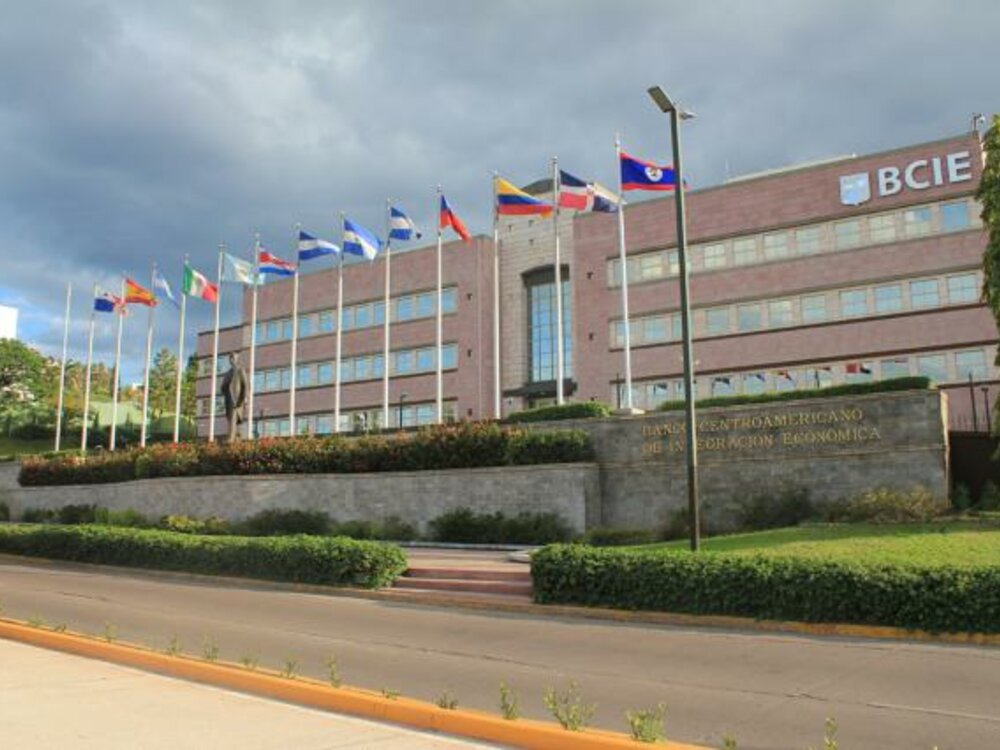CABEI supports Costa Rica to face new regional development challenges

CABEI provides financial instruments, its vast experience in the region, its financial soundness and prudent loan portfolio management to contribute to the vision of the Central American peoples.
San José, March 27, 2015.- In order to give a new boost to the country’s economic and social development, on Thursday March 19th in San Jose, Costa Rica, the Central American Bank for Economic Integration (CABEI) held the workshop "Execution of public administration infrastructure projects: lessons learned and prospects."
The activity was attended by First Vice President, Minister of Finance and CABEI Governor for Costa Rica, Mr. Helio Fallas; Minister of National Planning and Economic Policy, Mrs. Olga Marta Sánchez Oviedo; and representatives from public institutions that maintain operations with the Bank amounting to more than US$1.60 billion, involving projects executed and projects approved and under execution. These institutions include the Costa Rican Electricity Institute (ICE), the Costa Rican Institute of Aqueducts and Sewers (AyA), the Costa Rican Railroad Institute (INCOFER), the National Highway Council (CONAVI), the Board of Port Administration and Economic Development of the Atlantic Coast (JAPDEVA) and the Costa Rican Social Security Fund (CCSS).
Other public sector institutions also participated in the workshop, such as the Ministry of Planning; the Technical Secretariat of the Budgetary Authority; and the Directorate of Public Credit of the Ministry of Finance and the United Nations Office for Project Services (UNOPS)
The workshop was inaugurated by CABEI Director for Costa Rica, Dr. Alberto Cortés Ramos, who stated that, "We propose to work together with the CABEI Costa Rican Country Office to support the management and execution of projects that we are funding or that are in the process of being funded; we seek to put the Bank’s wealth of experience and knowledge at the service of institutions that maintain operations with us in order to increase project execution efficiency."
In this regard, CABEI Executive Vice President Attorney Alejandro Rodríguez Zamora explained that with the implementation of the 2010-2014 Institutional Strategy, the Bank has contributed significantly to the integration of the Central America region. Over the last four years, CABEI’s approvals have focused on financing and technical cooperation initiatives for national and regional highway projects; electrical interconnection projects; telecommunications projects; and port and airport projects in order to promote the countries’ integration.
CABEI has financed important projects in Costa Rica that have focused on creating employment generation opportunities; noteworthy energy and infrastructure projects; and financing for micro, small and medium enterprises to facilitate their equitable insertion into the market and to improve the quality of their products, promoting the sustainable use of natural resources (soil, water, forest, biodiversity) through the implementation of best production, manufacturing and administrative management practices.
The workshop also gave CABEI experts the opportunity to discuss the financial products that the Bank offers to its clients, the strengths of its new 2015-2019 Institutional Strategy “Integrating Sustainable Development and Competitiveness," the project cycle and the multi-million dollar bank-financed investments in the country, working closely with the Costa Rican government and the community.
By 2015, CABEI expects to finance major investment projects in the Costa Rican sectors of international trade, social housing, MSME, infrastructure and clean energy.
As the region’s financial arm, over the past 10 years, CABEI has made disbursements totaling approximately twenty-seven billion dollars (US$27.0 billion), consolidating its role as the multilateral development bank with the greatest presence in Central America.








